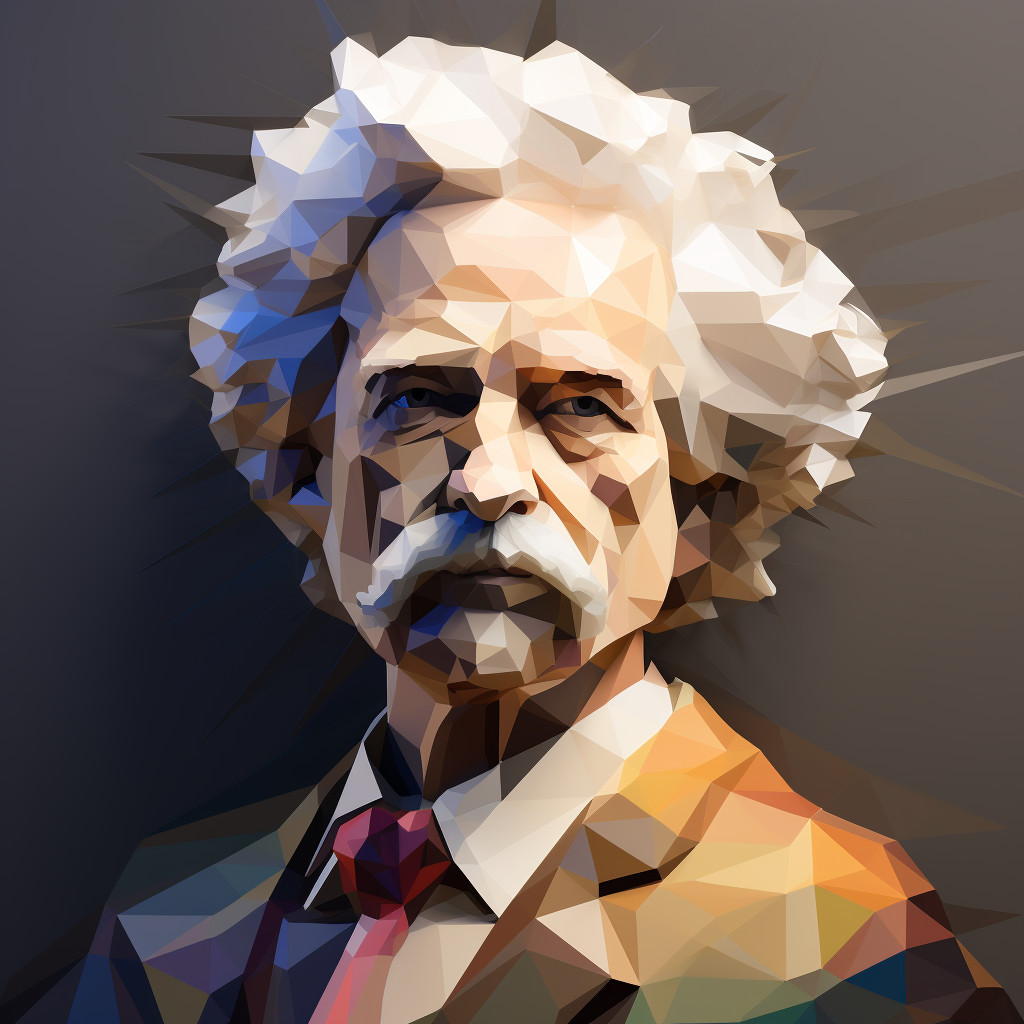This quote implies that if a person’s beliefs or convictions are not grounded in logic or rational thought, but rather emotions, biases, or preconceived notions, then logical arguments or reasoning will likely not persuade them to change their views. It suggests that our deeply held beliefs are often impervious to logic or reason, especially when they are rooted in emotions, prejudices, or other non-rational factors.
In other words, if someone didn’t use rational thinking to arrive at a belief, they can’t be expected to use rational thinking to depart from it. This is because emotions and beliefs are often more powerful than logic and reason.
Applying this idea to today’s world, we can see it in action in many areas, from politics to social issues. For example, people often hold strong political beliefs based on their emotions, personal experiences, or the influence of their social circles rather than on objective analysis of facts. When confronted with logical arguments or empirical evidence that contradict their beliefs, they tend to dismiss or ignore them, reinforcing their original views instead of reconsidering them. This is known as confirmation bias.
In terms of personal development, this quote can be seen as a reminder to be aware of our own biases and emotional attachments when forming beliefs or making decisions. It encourages us to strive for objectivity and critical thinking, to question our assumptions, and to be open to changing our views in light of new information or perspectives.
Moreover, it also teaches us to be patient and understanding when dealing with others who hold different views. Instead of trying to change their minds with logical arguments, it may be more effective to empathize with their emotions and experiences, to find common ground, or to present new information in a way that resonates with their existing beliefs.






